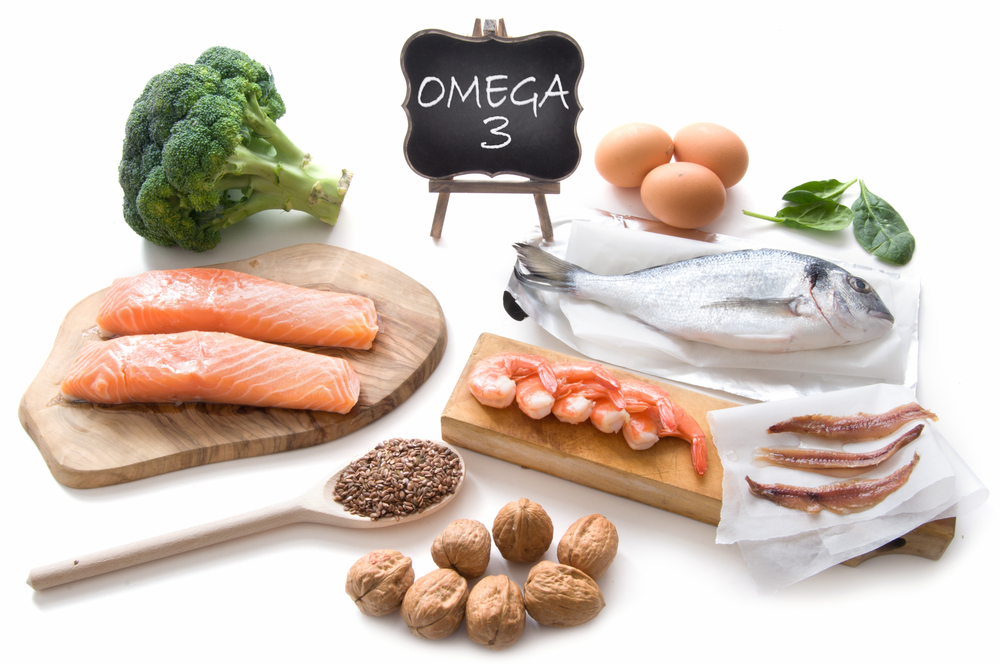
With Valentine’s Day happening during February, it’s almost impossible to avoid seeing red hearts wherever you look. And when it comes to food, red is also a wonderful colour. Why? Because red fruits and vegetables provide some amazing health benefits.
Clinical Nutritionist Suzie Sawyer shares her five favourite red fruits and vegetables and why they’re so beneficial to our health.
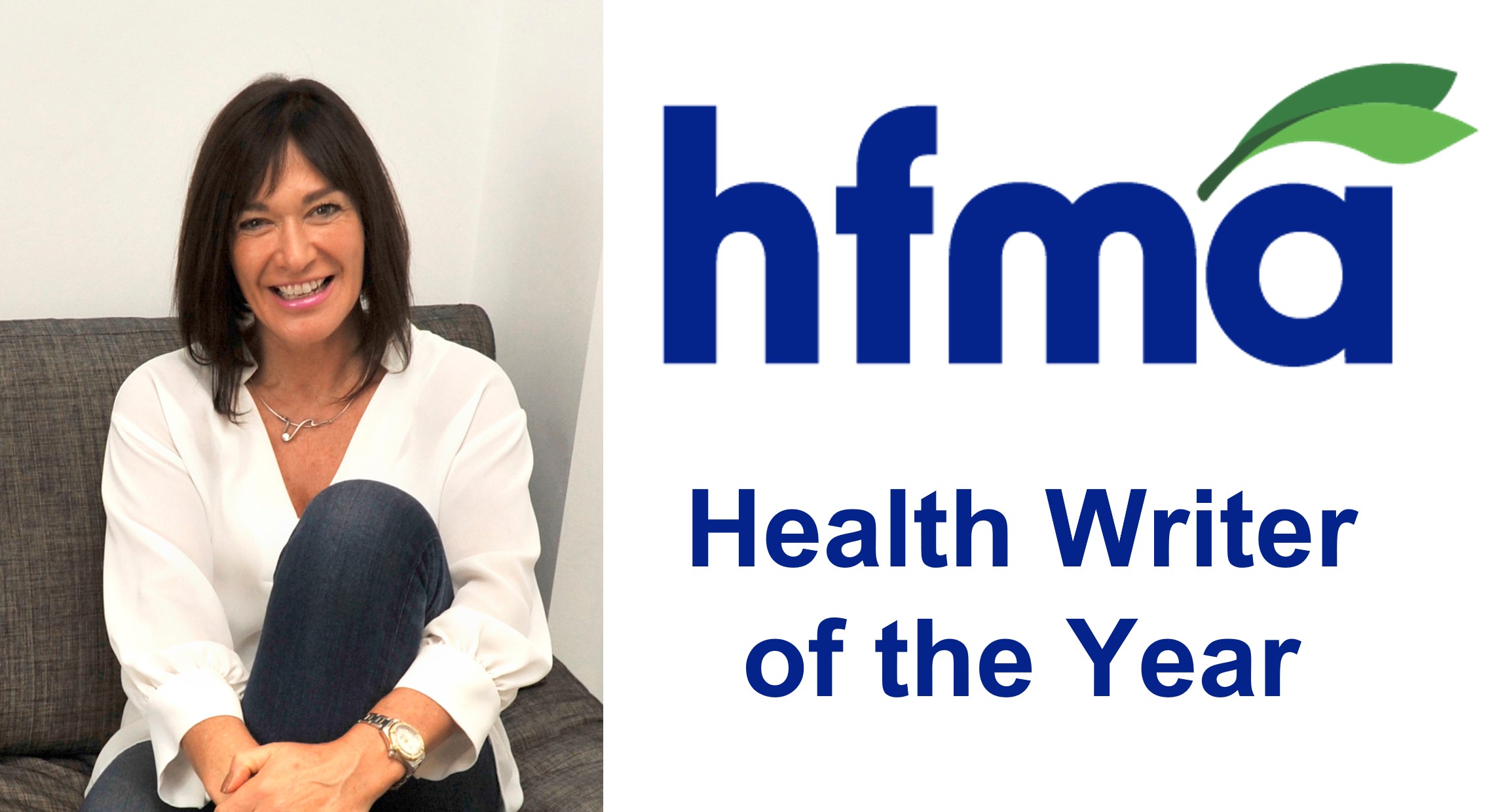
Tomatoes
Tomatoes are widely eaten in the Mediterranean countries and especially in areas around the globe that have higher numbers of centenarians – people living to over 100 years. So, they must be doing something right!
Tomatoes provide some wonderful health benefits but one of their biggest attributes is their richness in the antioxidant lycopene. This helps protect cells from free radical damage, which in turn helps prevent some of our nasty degenerative diseases.

Lycopene is also known to be supportive of male prostate health. Interestingly, when eaten raw, tomatoes also provide a wealth of immune boosting vitamin C, but when cooked, the lycopene becomes much more absorbable. The answer is to eat them both raw and cooked, and very regularly too.
Pomegranates
These little beauties are also packed with powerful antioxidants. However, we’ve also learnt lots more about them from research recently.

Pomegranates are especially loved by our gut microbiome: essentially our friendly bacteria feed on them and this helps to create the microbial diversity that is so important for overall health. Pomegranates are also protective of the heart, helping to reduce blood pressure. Even better news is that they’re easy to add to many dishes: over your morning porridge, in a salad, or blended with other red fruits.
Beetroot
Beetroots are one of my all-time favourites! They help support so many different areas of health, that it’s hard not to refer to them as a super food! They contain a wide range of essential vitamins and minerals such as energising folate, immune-boosting vitamin C and heart-healthy potassium.

Beetroots are also rich in nitrates which can dilate blood vessels, therefore helping reduce blood pressure. And this effect is very useful when you’re exercising hard and need oxygen to be quickly sent throughout the body.
And if you eat the pickled variety, then you’ll also be gaining massive benefits to the friendly bacteria in the gut. Pickled beets are fermented and it’s this process that provide so many benefits. If other fermented foods are not your choice, then pickled beets could be a great alternative.
Cranberries
It’s been known for centuries that cranberries provide an amazing remedy for urinary tract infections. Research over many years has found that they have this wonderful way of stopping the bacteria that causes infections from sticking to the bladder wall. If you’re drinking the juice, then do try to pick the unsweetened variety.

Just like other red fruits and vegetables, their beautiful colour also makes them rich in antioxidants and vitamin C. However, because they’re slightly sharp in taste, you might want to eat them with blueberries or other red fruits, add them to your overnight oats, or put them in a smoothie.
Red peppers
Essentially red bell peppers are the ones with most nutritional benefits. This is because they are the ripest of all peppers because they have been on the vine longest. Red bell peppers have the greatest amount of vitamin C. However, because vitamin C is easily destroyed by cooking, then they’re better eaten raw, in a salad, ideally.

However, that’s not to say that including them in plenty of other dishes will not provide great health benefits. These red beauties are loaded with powerful antioxidants and also carotenoids, which become better absorbed when cooked. Add them to stir fries, chillies, soups and stews.
It’s all about red this month! So, show yourself some love with these wonderful nutrient-laden foods.
FOR MORE GREAT NUTRITION AND LIFESTYLE ADVICE:
Sign up to receive our blog and get a weekly dose of the latest nutrition, health and wellness advice direct to your inbox.
For everything you need to know about vitamins, minerals and herbs visit our sister site Vitamin Expert – your essential guide to nutrition and natural health.
Follow us on Instagram @feelaliveuk for nutrition, lifestyle and well-being tips.
Visit us at www.feelaliveuk.com for the latest offers and exclusive Alive! content.
Follow and Chat with Suzie on Twitter @nutritionsuzie
All images: Shutterstock
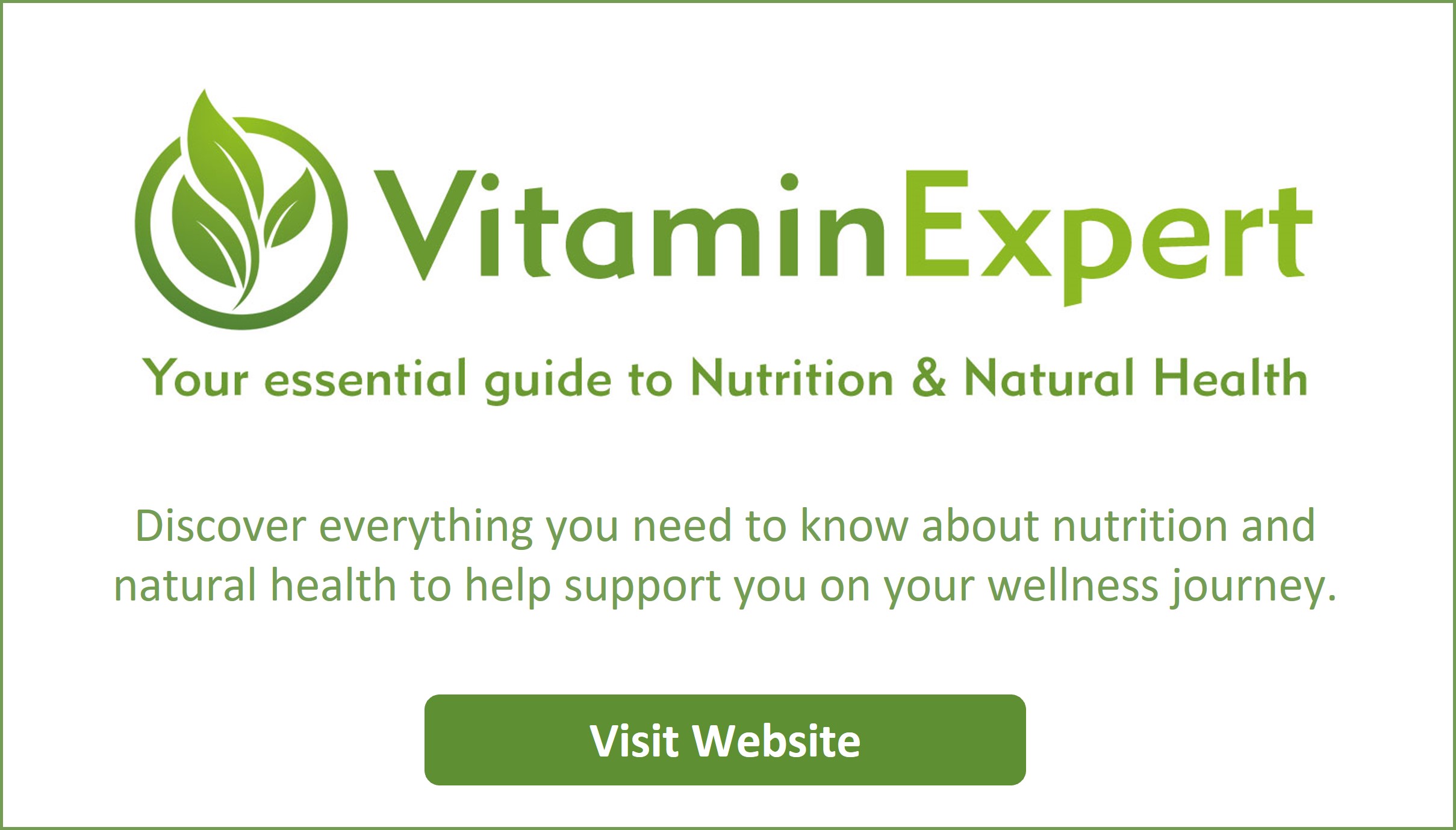





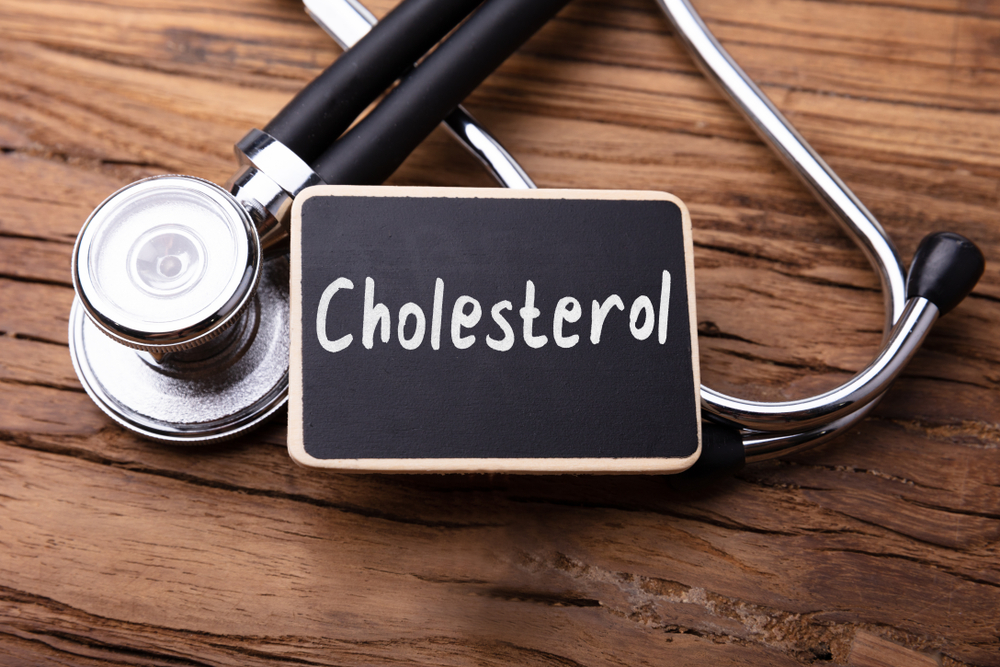
















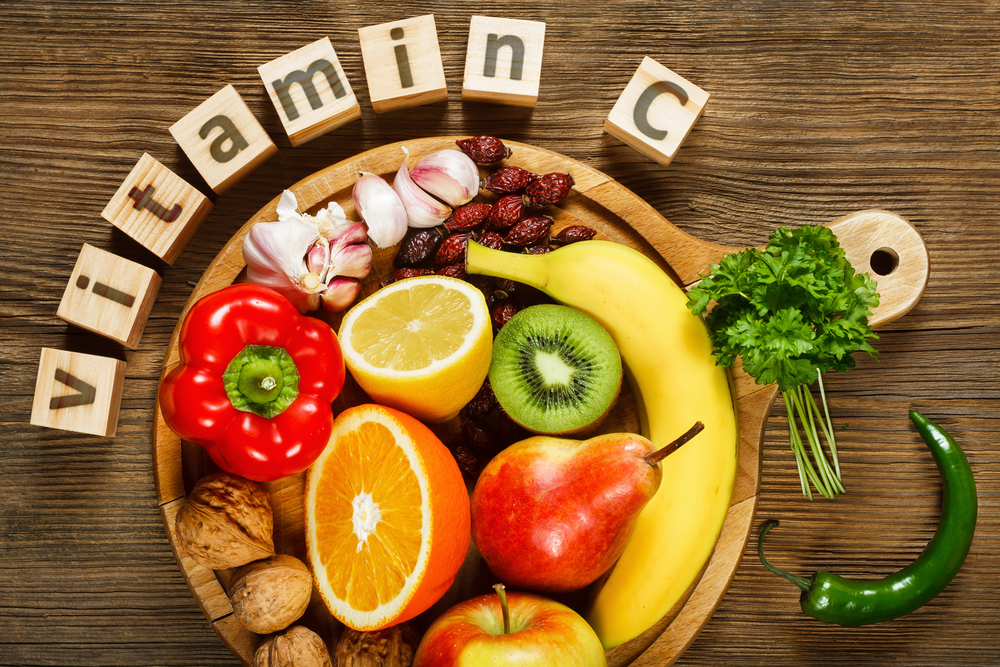


 Vitamin B12 is also required for brain function, therefore it’s important to ensure intake is optimal, especially if you want a sharper brain as well as more fuel in the tank.
Vitamin B12 is also required for brain function, therefore it’s important to ensure intake is optimal, especially if you want a sharper brain as well as more fuel in the tank.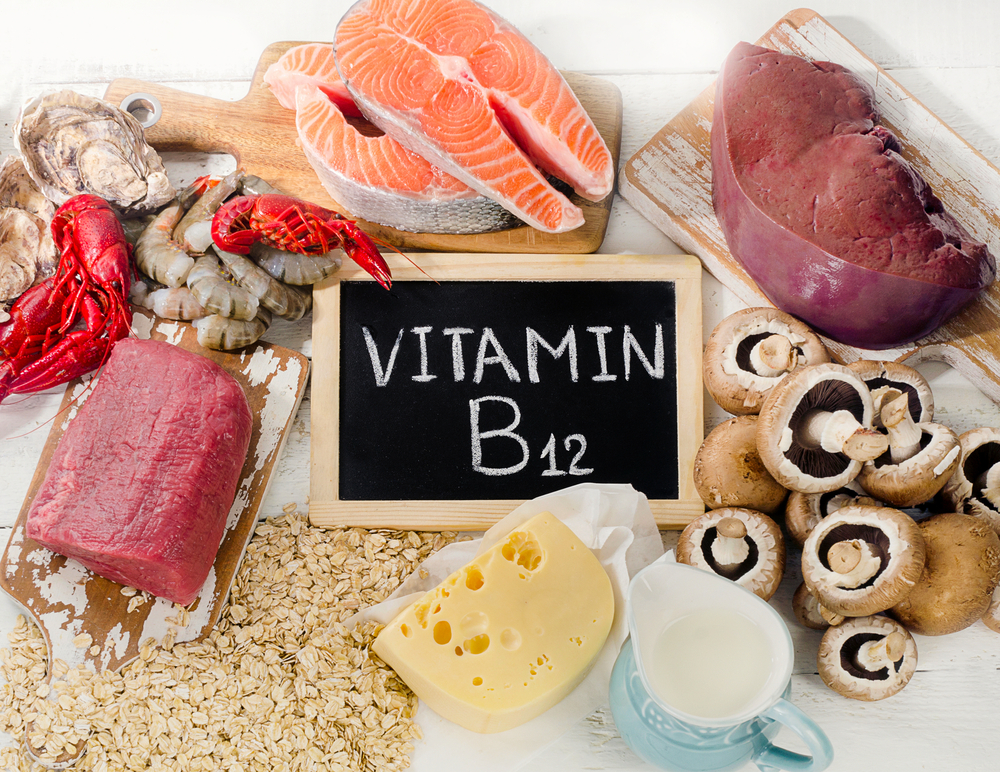 The best food sources are liver, meat, oysters, sardines, Swiss and cheddar cheese. A warming macaroni cheese might just hit the spot when it’s cold and grey outside. Interestingly, some B12 can be produced in the gut, but this varies from individual, so a supplement is often a good idea especially if you follow a vegan diet.
The best food sources are liver, meat, oysters, sardines, Swiss and cheddar cheese. A warming macaroni cheese might just hit the spot when it’s cold and grey outside. Interestingly, some B12 can be produced in the gut, but this varies from individual, so a supplement is often a good idea especially if you follow a vegan diet. Although CoQ10 is found in every plant and animal cell, dietary sources can sometimes be limited, but it seems that vegetarians tend to preserve it better within the body. However, best food sources are liver, fatty fish, meat, soybeans, and vegetables, especially broccoli, so a varied diet is certainly going to help. A bean casserole with loads of vegetables added would be a great meal choice for this time of year and won’t break the budget either.
Although CoQ10 is found in every plant and animal cell, dietary sources can sometimes be limited, but it seems that vegetarians tend to preserve it better within the body. However, best food sources are liver, fatty fish, meat, soybeans, and vegetables, especially broccoli, so a varied diet is certainly going to help. A bean casserole with loads of vegetables added would be a great meal choice for this time of year and won’t break the budget either. Production of CoQ10 in the body does diminish as we get older, plus certain medications, especially statin drugs cause its depletion, hence supplementation is often needed.
Production of CoQ10 in the body does diminish as we get older, plus certain medications, especially statin drugs cause its depletion, hence supplementation is often needed. There are different forms of magnesium, which can be confusing to decipher. Magnesium malate (often used for chronic fatigue) and magnesium citrate are used in the Kreb’s cycle (the body’s main way of producing energy). However, magnesium bound to the amino acid glycine can help relieve anxiety but is also effective for aiding sleep.
There are different forms of magnesium, which can be confusing to decipher. Magnesium malate (often used for chronic fatigue) and magnesium citrate are used in the Kreb’s cycle (the body’s main way of producing energy). However, magnesium bound to the amino acid glycine can help relieve anxiety but is also effective for aiding sleep.
